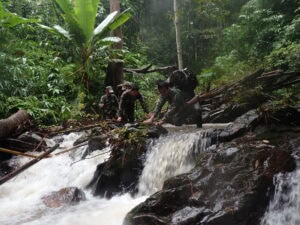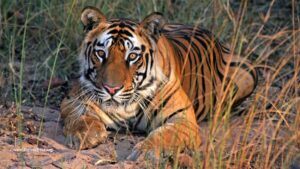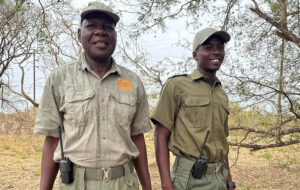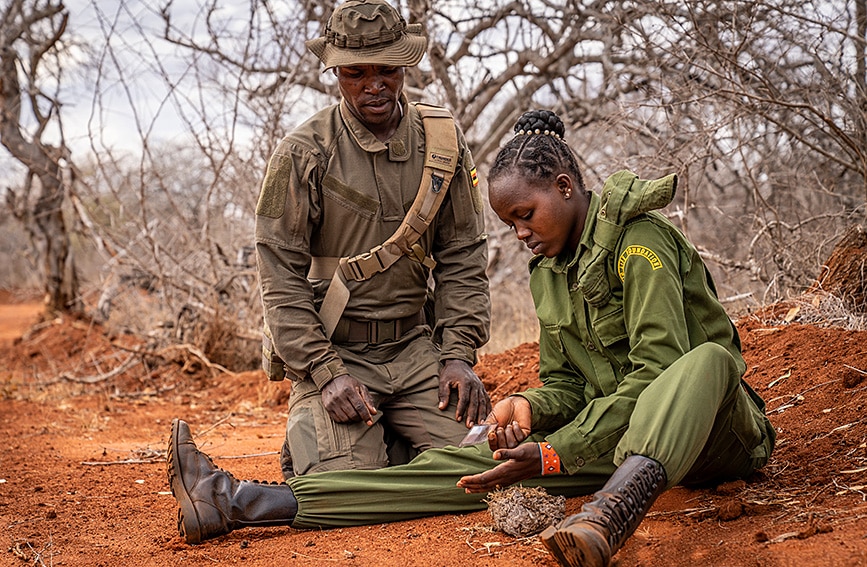Protecting Sumatra’s wild heritage
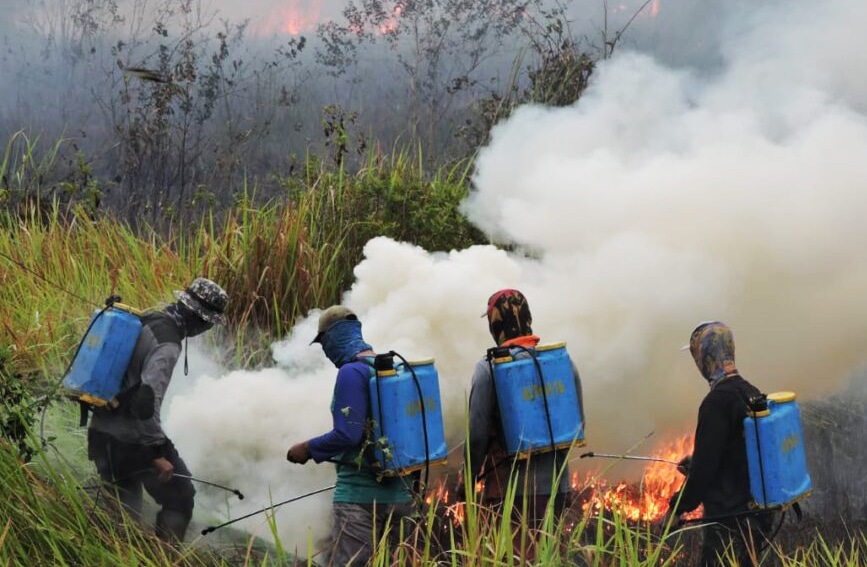
WKNP in southern Sumatra, Indonesia is home to Sumatran tigers, elephants and rhino, all of which are critically endangered.
The park comprises swamp forest and lowland rain forest, mostly secondary growth as a result of extensive logging in the 1960s-1970s. There are over 400 bird species in WKNP.
Almost half of the habitat remains degraded due to the prevalence of grass and forest fires by illegal encroachers bent on poaching. The park is continuously threatened by fire.
Ranger Dicky Tri Sutanto says the illegal activity is growing.
“Every year, we struggle to secure the vast reforested area from forest fire,” said Dicky Tri Sutanto. “Poaching, bird trapping, illegal grazing, and illegal fishing are all increasing and many of those activities are directly causing forest fire.”
Rangers maintain an intense fire watch, hazard reduction, and rapid response program.
Thin Green Line, through the generosity of its supporters, has provided vital equipment for the team. A four-wheel-drive vehicle with a water cannon and a 1000 litre water tank gives the team access to fast-moving fire fronts on degraded land. The customised vehicle not only sets up the rangers to fight forest fires, it provides mobility to respond to human-elephant conflict situations. The water cannon is also used to irrigate reforestation work.
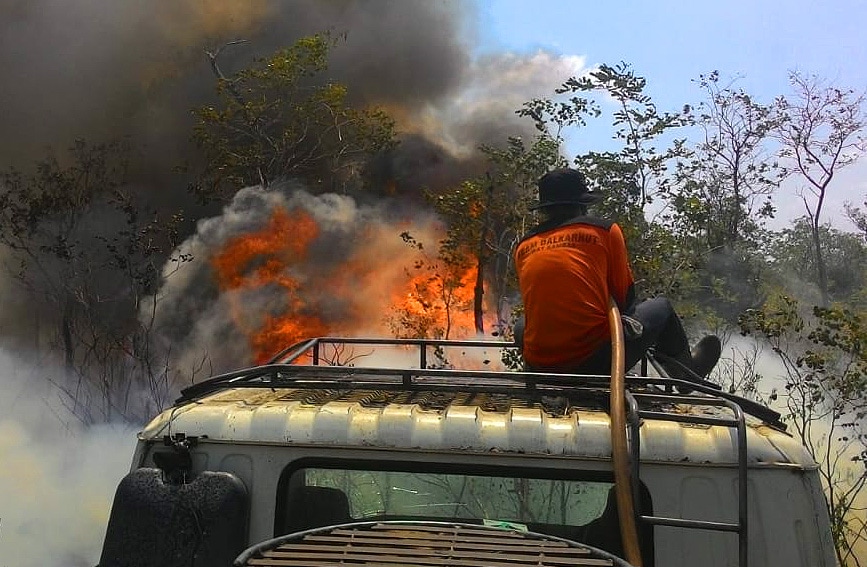
New personal equipment – backpack water sprayers, grass cutters, and safety clothing – sets up individual rangers to respond to grass fires and make firebreaks for forest fires. Binoculars are essential to monitor fire hotspots, observe wildlife and check for poachers.
Project lead Claire Oelrichs of Save Indonesian Endangered Species Conservation Fund explains that Thin Green Line’s funding has directly benefited and improved work conditions for 100 rangers, and supported 150 village workers who have been doing the construction.
“Indirectly, the project provides improved conditions and security for 6000 villagers, improving the ability of rangers to protect farms and houses from wildlife and fire, as well as providing part-time employment and supporting their own village protection efforts.
A new electric generator provides power for the rangers’ field station and has given the team welding capabilities to customise the 4WD vehicle with its new gear. Trail motorbikes have arrived for patrols, and personal shelters were also provided for rangers on fire-watch. Thin Green Line has allocated support for a second vehicle.
Improving the rangers’ fire response capabilities goes a very long way toward improving protection of biodiversity and habitat in WKNP, one of Asia’s most unique ecosystems

